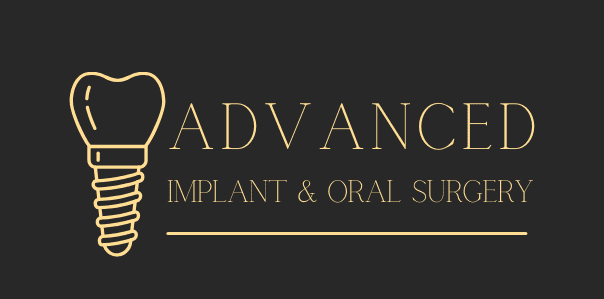Many people will contract gum disease, an infection impacting the gum tissue, at some point in their lives. Though common, gum disease can progress quickly to affect not just the gums but the teeth and jawbone as well. You can suffer serious deterioration of your dental structure that can lead to enough damage that your teeth could fall out.
You will need periodontal therapy from your dentist or periodontist to treat this infection. And it is easier to get rid of when diagnosed promptly. Visit your dentist for routine periodontal disease screenings. But you can also seek dental attention when you notice signs of gum disease in your smile before your next regularly scheduled dental appointment. Check out these three oral concerns that might be indicators that you have gum disease.

Irritated Gum Tissue
The early stage of gum disease is known as gingivitis. It often presents with irritation and inflammation in the gum tissue. While you can notice redness, tenderness, or bleeding in your gums for acute reasons, like rigorous oral hygiene techniques, chronic or persistent periodontal symptoms may mean you have gum disease.
So if your gums look puffy, consult your dentist or periodontist as soon as you can. They can usually resolve early phases of this infection with non-invasive treatments.
Receding Gums
As gum disease progresses, the gums will begin to deteriorate and recede. This exposes more of the tooth’s surface. And without proper support from the gums, the teeth can start to feel loose and wobbly in their sockets.
The teeth might also begin to shift out of their straight position in your smile. If you notice gaps between teeth, overlapping teeth, or other dental alignment issues, reach out to your dentist about this problem. It will worsen even further without urgent dental intervention.
Chronic Bad Breath
You have likely developed bad breath before when consuming a strongly flavored meal. Usually, you can get rid of bad breath by completing your oral hygiene routine. This washes away lingering food particles that start to smell as they decay within the mouth.
But if bad-smelling breath persists after this regimen, the symptom may point to gum disease. When bacteria collect within the gum pockets, the result is a foul odor that will be noticeable on your breath. Oral hygiene alone will not get rid of this unpleasant smell.
You will need professional treatment to get rid of the infection if you want to eradicate this type of bad breath. Ignoring this uncomfortable symptom can make you feel self-conscious as well as lead to long-term oral health issues.
But if you adhere to a consistent oral hygiene regimen, you can keep your breath fresh by ensuring your mouth stays clean and lowering your risk of gum disease. Learn more about preventative periodontal care by giving your dental professional a call. Reach your periodontist in Dallas, TX online or by phone at 972.666.1594.
